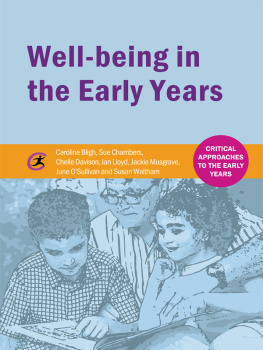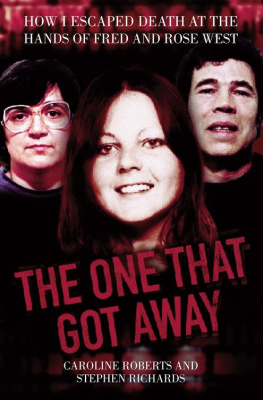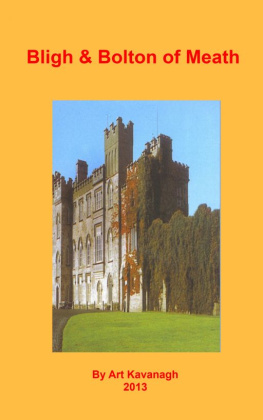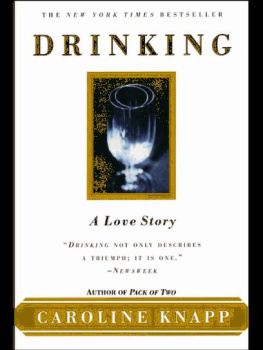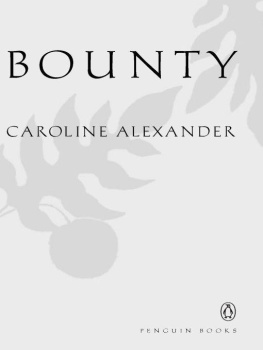Well-being in
the Early Years
You might also like the following books from Critical Publishing
Teaching Systematic Synthetic Phonics and Early English
Jonathan Glazzard and Jane Stokoe
978-1-909330-09-2 In print
Teaching and Learning Early Years Mathematics: Subject and Pedagogic Knowledge
Mary Briggs
978-1-909330-37-5 September 2013
Early Years Policy and Practice: A Critical Alliance
Pat Tomlinson
978-1-909330-61-0 September 2013
The Critical Years: Early Years Development from Conception to 5
Tim Gully
978-1-909330-73-3 January 2014
Most of our titles are also available in a range of electronic formats. To order please go to our website .
Well-being in
the Early Years
First published in 2013 by Critical Publishing Ltd
All rights reserved. No part of this publication may be reproduced, stored in a retrieval system, or transmitted in any form or by any means, electronic, mechanical, photocopying, recording or otherwise, without prior permission in writing from the publisher.
The authors have made every effort to ensure the accuracy of information contained in this publication, but assume no responsibility for any errors, inaccuracies, inconsistencies and omissions. Likewise every effort has been made to contact copyright holders. If any copyright material has been reproduced unwittingly and without permission the Publisher will gladly receive information enabling them to rectify any error or omission in subsequent editions.
Copyright 2013 Caroline Bligh, Sue Chambers, Chelle Davison, Ian Lloyd, Jackie Musgrave, June OSullivan and Susan Waltham
British Library Cataloguing in Publication Data
A CIP record for this book is available from the British Library
ISBN: 978-1-909330-65-8
This book is also available in the following ebook formats:
Kindle ISBN: 978-1-909330-66-5
EPUB ISBN: 978-1-909330-67-2
Adobe ebook ISBN: 978-1-909330-68-9
The rights of Caroline Bligh, Sue Chambers, Chelle Davison, Ian Lloyd, Jackie Musgrave, June OSullivan and Susan Waltham to be identified as the Authors of this work have been asserted by them in accordance with the Copyright, Design and Patents Act 1988.
Cover and text design by Greensplash Ltd
Project management by Out of House Publishing
Printed and bound in Great Britain by TJ International
Critical Publishing
152 Chester Road
Northwich
CW8 4AL
www.criticalpublishing.com
Contents
CAROLINE BLIGH
CHELLE DAVISON
JACKIE MUSGRAVE
IAN LLOYD
SUE CHAMBERS AND JUNE OSULLIVAN
Meet the authors
Caroline Bligh leads and teaches across several masters and undergraduate Initial Teacher Education modules in the School of Education and Childhood at Leeds Metropolitan University. She is a qualified teacher and State Registered Nurse, with a particular research interest in English as an Additional Language.
Sue Chambers has spent her professional life working in the early years sector, first as a nursery nurse; then as a teacher, working in nursery schools and classes in areas with high levels of social deprivation; and then as head of a nursery school. Since then she has worked as an early learning adviser for a local authority, and as a freelance consultant.
Chelle Davison is a Senior Lecturer of Early Years Professional Practice at Leeds Metropolitan University. Her role incorporates developing the critical understanding of early years pedagogy and its practical application in settings and schools. Chelle has recently made significant contributions to a range of policy documents and government reviews, and is a devoted supporter of the professionalisation of the early years workforce.
Ian Lloyd is a Lecturer in Social Work at Staffordshire University.
Jackie Musgrave is a Senior Lecturer at the University of Worcester. She qualified as a sick-childrens nurse and then taught in a college of further education for 16 years. She has a masters degree in early childhood education from the University of Sheffield and is currently studying for her doctorate. Her research looks specifically at how practitioners create inclusive environments for children from birth to age three with chronic conditions.
June OSullivan, MBE is Chief Executive Officer of the London Early Years Foundation (LEYF), one of the UKs largest childcare charity social enterprises. With 350 staff across 24 community, workplace and Childrens Centre nurseries in six key London boroughs, LEYF is dedicated to building a better future for Londons children, families and local communities.
Susan Waltham is a Senior Lecturer teaching on a number of undergraduate and postgraduate courses in the School of Education and Childhood at Leeds Metropolitan University. Her academic expertise is in child psychology and human development, diversity and equality. Her research is centred on identity construction in young children in multicultural, multilinguistic settings.
Acknowledgements
Does day care damage your baby? Lucy Cavendish. Reproduced on pp 43 and 44 Telegraph Media Group Limited, 2011.
Introduction to critical thinking
What is critical thinking?
This introduction gives you the opportunity to learn more about critical thinking and the skills you will acquire as you use this series, introducing you to the meaning of critical thinking and how you can develop the necessary skills to read and research effectively towards a critical approach to learning and analysis. It is a necessary and wholly beneficial position to be starting with questions and finishing your journey with more questions.
Judge a man by his questions rather than by his answers.
Franois-Marie Arouet (Voltaire)
If you are already a professional within the early years sector, maybe as a teacher in a Reception class, or as an early years educator in a private day-care setting, you will no doubt have faced many challenging debates, discussions at training events and your own personal questioning of the policies faced by the sector as a whole. We want you to ask these questions. More importantly, we believe it to be an essential and crucial part of your professional development. You will no doubt be required to implement policies that might at first seem detached from your day-to-day professional practice. It is critical that you question these policies, that you understand their purpose, and moreover that you understand how they have come into being.
Often students are faced with complex definitions of critical thinking that require them to deconstruct the concept before they fully understand just how to do the critical thinking in the first place. For example,
Critical thinking is the intellectually disciplined process of actively and skilfully conceptualizing, applying, analysing, synthesizing, and/or evaluating information gathered from, or generated by, observation, experience, reflection, reasoning, or communication, as a guide to belief and action.



